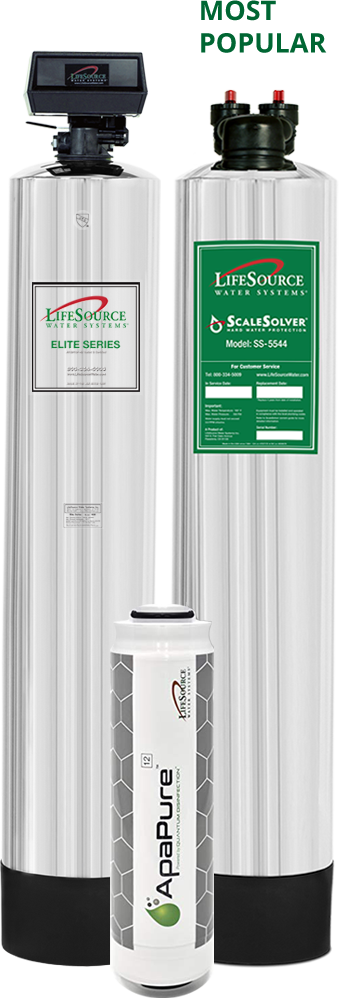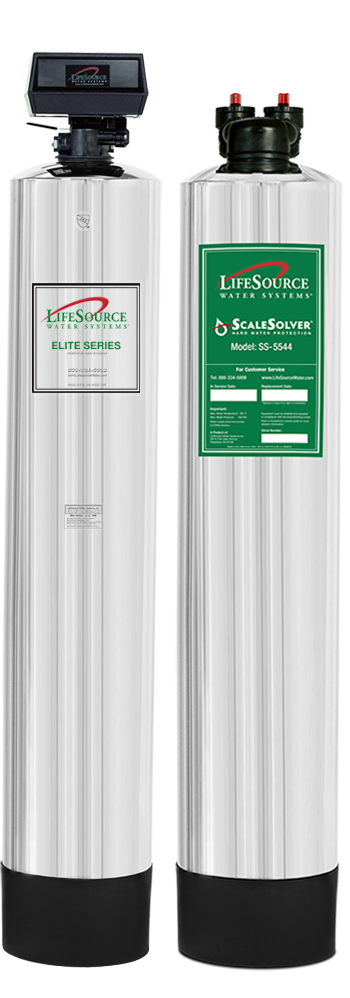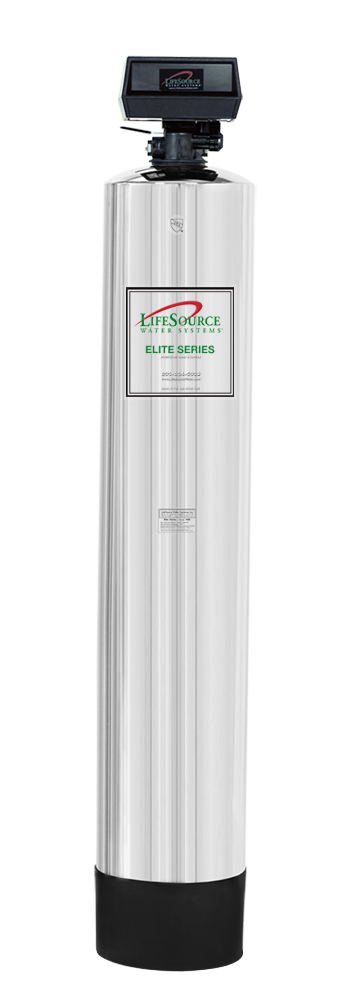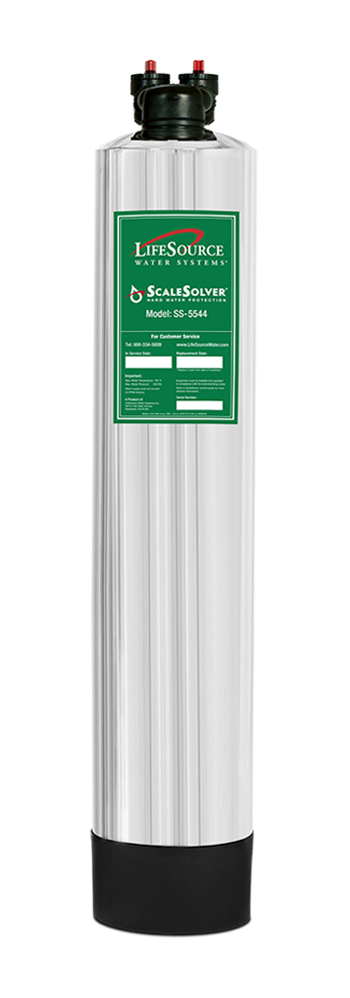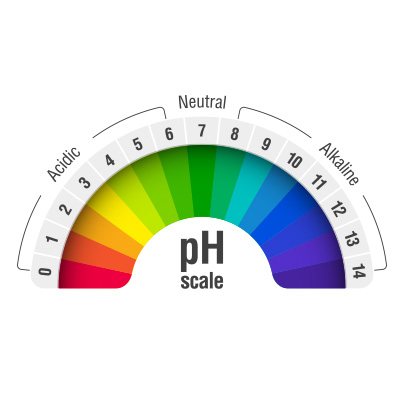
Kids Perform Better in School When They Drink Water!
How drinking water can improve your child’s academic performance.
Do you want to help your kids perform better in school? Make sure they’re drinking enough water! Dehydration lowers our ability to concentrate, slows our reaction time and impairs our short term memory. A Virginia Tech study found that “even mild dehydration – a body water loss of 1–2% - can impair cognitive abilities.”
Dehydration is more common than you may think. The American Health Association surveyed over 4,000 kids (ages 9 to 19) and found that 54.5% were inadequately hydrated.
Throughout the day, our bodies naturally lose water volume through perspiration and bathroom breaks. We even lose a little water each time we exhale. If we don’t replenish that water, it’s pretty easy to end up mildly dehydrated just from normal daily activity. Headaches, muscle fatigue and what is lovingly referred to as “brain fog” are the body’s ways of telling us we need to hydrate.
It can be hard to monitor the hydration level of our children while they’re at school. Especially since most kids would rather drink soda, juice or energy drinks over plain water. I’m definitely guilty of choosing coffee over water for a quick pick-me-up. While a sugar or caffeine rush may make you feel energized, it’s not hydrating your brain in the same way as water.

When our brains become dehydrated, our cognitive performance declines. This can impact a student’s ability to take in new information or concentrate during school. A small study done by University of Westminster and the University of East London documented a 31% attention increase in children (ages 7 – 9) after drinking only 25ml of water. Another study found that students who took water into their exam rooms performed an average of 4.8% higher than those who did not have water.
Why does water have such a noticeable impact on our cognitive performance? We need water to learn. Our brains are made up of billions (yes, BILLIONS) of neurons, also known as nerve cells. As we take in new information, neurons talk to each other by firing electrical impulses called synapses, sharing information and strengthening new connections. This is called neurotransmission. Neurons need water for optimal neurotransmission. Water is vital to our cell and membrane composition.
Staying properly hydrated is important for optimal health and brain function. Our brains are 75% water. Water also improves blood circulation, transports nutrients and oxygen to our organs, supports kidney function and helps monitor our body temperature. When we are dehydrated our bodies get out of balance. Dehydration puts a strain on the brain and body which can lead to higher levels of cortisol- a stress hormone. The last thing a student needs is more stress!
Exactly how much water a person should drink depends on their age, sex, amount of physical activity and environment. For consistent hydration, it’s better to drink water throughout the day, rather than chugging water all at once. Remember, if you feel thirsty, you’re already getting dehydrated.
What’s the take away? Drinking water improves students’ capacity for learning and academic performance. A hydrated brain is a happy brain.
Now go take big gulp of water. Your brain probably needs it.

